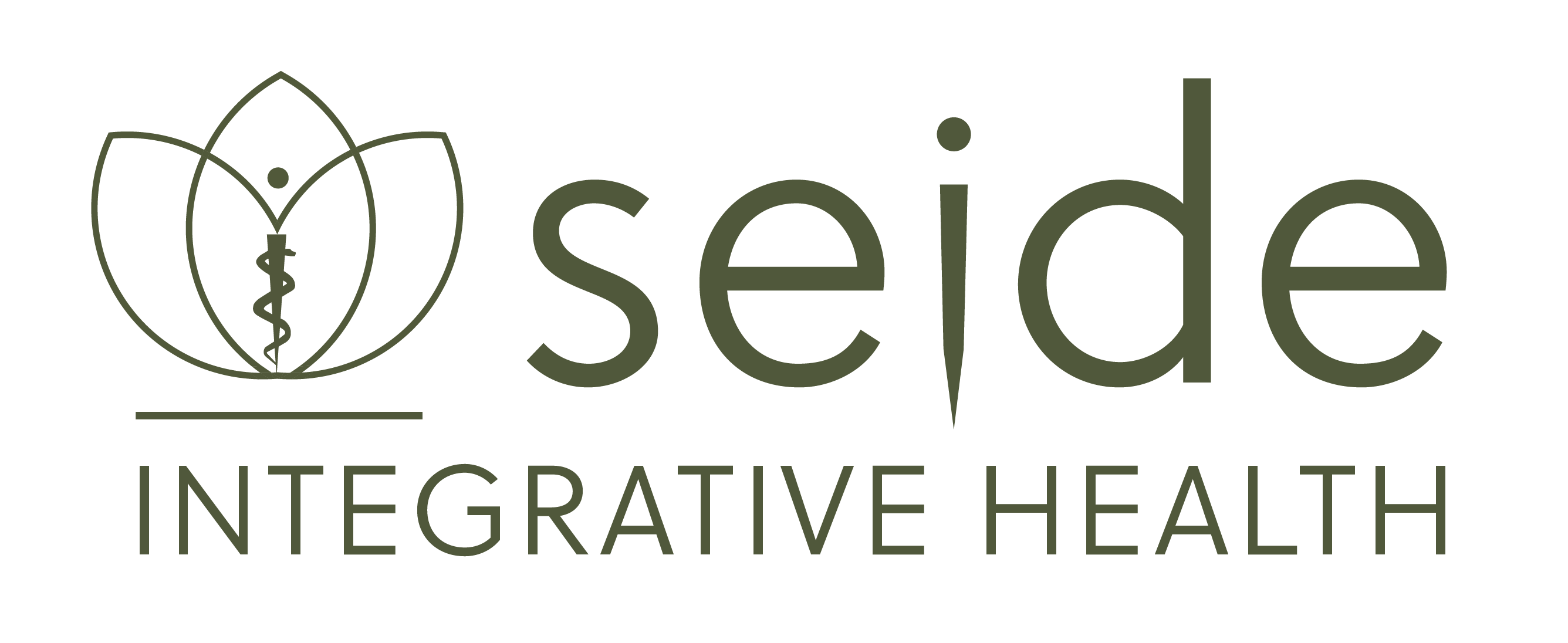I think the health of all things-from microbes to plants to animals to humans-depends on our soil.
The importance of dirt, cannot be understated.
Bonnie Kaplan, a PhD researcher in Canada has tested soils across her country, and with surprise and dismay found that none of them contains optimal nutrients.
Without nutritious soil, plants can’t make what they need to thrive. And the animals that eat the plants, as well as those that then eat the animals, wind up being inadequately nourished as well.
While organic farming is one attempt to produce healthier crops, it is not the answer.
The ecology of the soil comes about from the interaction of microbes, and fungi, and the waste of a variety of plants and animals as well as water, and sunlight, and the cycle of seasons.
The argument for making dirt
Farmers like John and Molly Chester who created the permaculture Apricot Lane Farm – “The Biggest Little Farm” (check out the interview below or watch the trailers here) realized that, for all their farm produced (in plants, and animals, and wildlife), what they were truly about in their endeavor was making dirt.
Apricot Lane Farm is about 20 minutes from my home, through rolling hillsides that transition from scenes that look like moonscapes (shale and striated rocks) to monoculture farms, and on a quick left turn rather than taking a sweeping bend to the right you find yourself on the farm.
My husband and I go on Saturdays to buy beef shank and avocados, pork tri-tip and duck eggs.
I would love for Bonnie Kaplan to test their soil…because I think that the healthy balance of omega 3/6’s in those eggs and meat rivals that of the currently touted line-caught fatty fish.
Hearkening back to days when family farms rotated crops, raised a variety of animals, and farmers knew why birds and cows needed to live together, I think we can find how it is that no one food is “evil” and another “healthy” when it comes to nutritional content.
The processing of foods, injection of nutrients into ones deprived of a rich growing medium, and the shift to monoculture across the US all have, I believe, contributed to our escalating public health threats of diabetes, heart disease, cancer, depression and anxiety, and later-life neurologic conditions.
While I’m not saying that changing your diet alone will cure all of these conditions (if the horse is out of the barn it will take bigger tools than just holding out an apple hoping the horse will return…), I don’t believe that antidepressants or statins or immune-modulating cancer treatments have a chance at being beneficial in a body continually challenged by unhealthy food.
Share with a friend

whoah this blog is wonderful i really like reading your articles. Keep up the great paintings! You realize, a lot of people are hunting round for this info, you could help them greatly.
https://www.philadelphia.edu.jo/library/directors-message-library